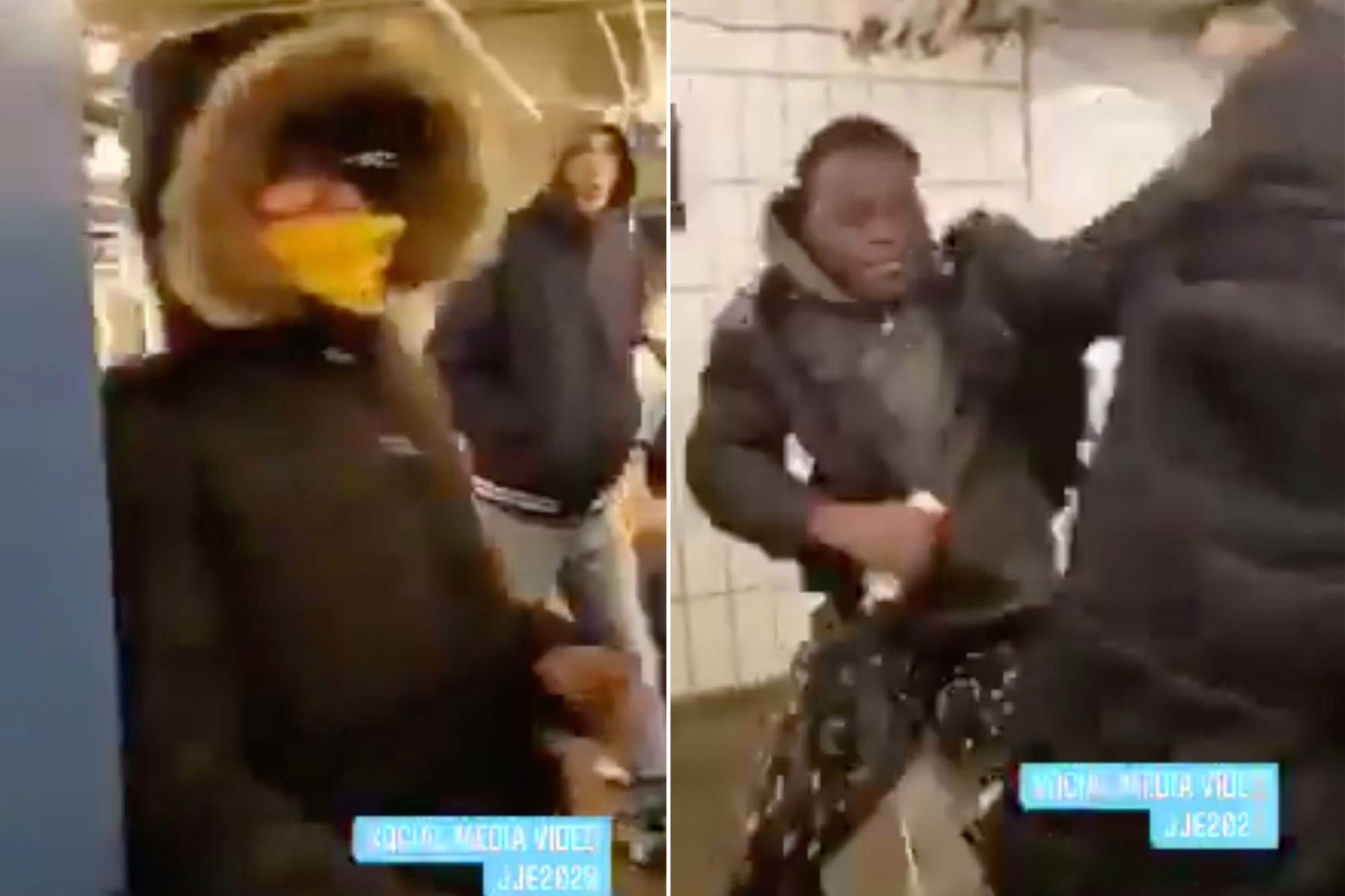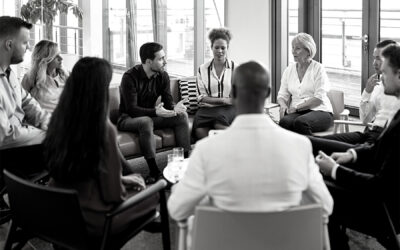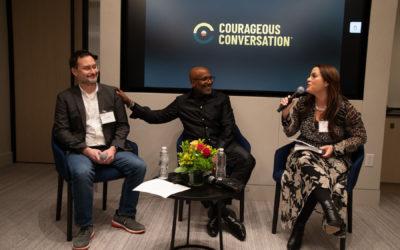By Josephine Harvey—March 19, 2020
Rising episodes of racism, hate and discrimination against people of Asian descent amid the coronavirus pandemic often take place right in front of bystanders.
But people who have felt the sting of coronavirus-fueled hatred say the pain is deepened when those bystanders fail to react to the outrage.
“I can no longer walk the streets or take public transport without someone scrambling to get away from me,” said Rachel Zhang, a medical student in Sydney who said the pandemic has made her feel unwelcome in a country she calls home. “If I cough to clear my throat, people stare at me in fear.”
Acts of hate are upsetting, Zhang told HuffPost, but what’s more hurtful is when nobody acknowledges what has happened.
“When no one speaks up it almost solidifies ’Oh, this is what everyone thinks,’” she said.
As the coronavirus outbreak worsens, Zhang said she has received a growing number of messages and calls from friends and family about similar experiences.
With members of conservative media, President Donald Trump and others amplifying the xenophobic “Chinese Virus” or “Wuhan Virus” terminology to describe the coronavirus, the stigmatization of Asian communities and reported incidences of hate crimes have worsened in America and abroad.
In New York, where numerous attacks on Asian Americans have been logged in recent weeks, Mayor Bill de Blasio urged New Yorkers to report hate crimes. “We have to look out for each other,” he said.
People targeted by racism are shown to experience mental and physical health consequences. Onlookers can play a key role in the seriousness of that suffering with proven ways to reduce distress for victims, according to advocates and experts.
Some responses to obvious racism may seem obvious. Still, research shows that a majority of bystanders will fail to intervene.
For victims of abuse, small gestures from bystanders can go a long way, explained John Yang, president and executive director of Asian Americans Advancing Justice.
“So, for witnesses that see a hate incident, especially verbal abuse, even standing next to the victim, without even saying anything to the perpetrator, gives the victim comfort and a sense of protection,” Yang said.
“And having more people stand next to them to show their solidarity helps to defuse the situation in a way that we don’t want to escalate or have it become physical.”
Read more at HuffPost.




